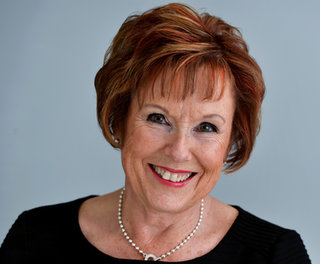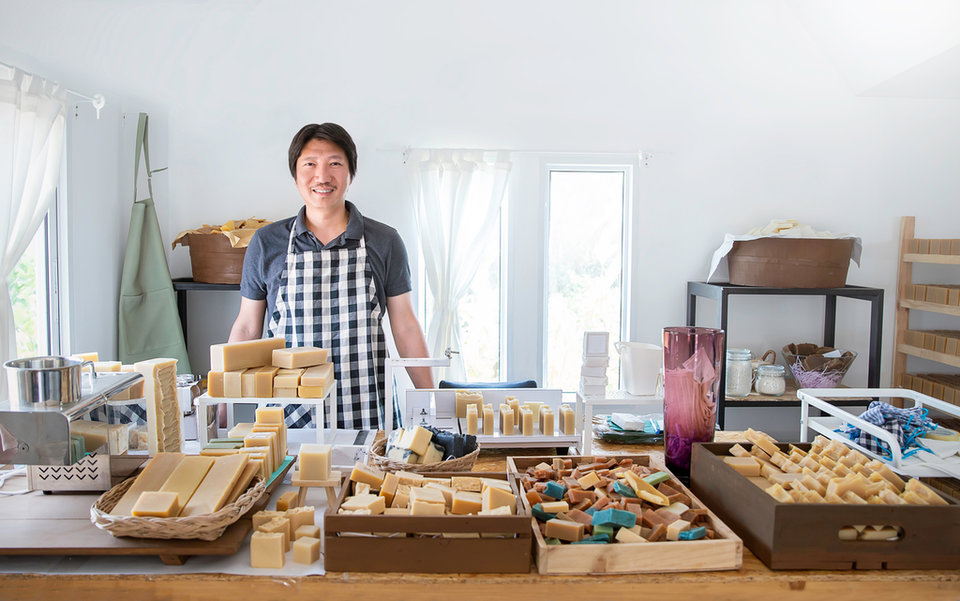Caption. Image:
UK SMEs
After the disaster of 2020, SMEs are upbeat about 2021
In recently commissioned research into the strength of feeling among brokers and SME leaders about the business environment in the UK, we found reasons to be cheerful about 2021, writes Carol Roberts, Time Finance’s head of asset finance.

Carol Roberts
With so much of the world – and its businesses – in flux, this year has already delivered a number of shifts when it comes to expectations and predictions. As the nation grapples with new lockdown restrictions and the post-Brexit era, we recently undertook research to investigate current attitudes amongst brokers and business leaders. I believe the results reveal an optimistic look to 2021, despite the challenges thrown at us so early on.
Our survey revealed that 65% of business owners were feeling confident they would survive a further hit to the economy, with just 30% feeling uncertain. Comparatively, 50% of brokers stated being ‘uncertain’ about the likely impact this would have – perhaps unsurprising given the necessary degree of caution to advise accordingly.
How to interpret these findings? Given the injection of government funding packages for businesses last year and the continued support from alternative financiers like ourselves, never have so many businesses taken advantage of the lifelines available to them. In our industry, we widely recognise that access to funding can mean the difference between success and failure. The current climate has exposed this fact more plainly than ever before. As a result, UK business leaders are quickly realising that access to funding offers so much more than a cash injection; it instills confidence and peace of mind for the future.”
Lockdown 3.0
How have attitudes shifted? If our lockdown learnings have taught us anything, it’s that business owners display clear signs of resilience and strength in times of uncertainty, and 2021 is no different.
After overcoming the first lockdown, 82% of business owners were feeling more equipped and better prepared for future national lockdowns, and brokers were no different. We engaged with intermediaries across the industry to gain their insight.
Based on the views of those on the ground working tirelessly to deliver solutions, the desire to drill down to identify long-term solutions has been critical. While the government and the wider nation focused on the short-term assistance to ensure as many as possible could stay afloat, brokers have simultaneously kept one eye on future sustainability, considering how support can pave the way to a brighter future.
I consulted an industry colleague Mark Millhouse, from PMD Business Finance, he says: “This time around we’re seeing businesses feeling more optimistic than previously. I think it’s fair to say that our industry has had a significant role to play in this by demonstrating that no matter the circumstances, our doors will remain open with us endeavouring to find a solution that will drive that business forward.
It’s certainly been an interesting and challenging year but there has undoubtedly been a resilience in the market - on all sides. With that determination to carry on and a reluctance for failure, businesses are finding new ways to move forward.

Embracing Brexit
With Covid-19 taking the spotlight in global news stories, Brexit has naturally fallen under the radar. Despite this, funders and advisers have been working hard to accommodate the challenges and uncertainties posed by Brexit.
With 65% of business owners stating in Q4 that they were unsure of the likely impact of Brexit of their businesses, it now seems they’re pushing on and feeling less deterred.
Specialty cheese manufacturer, Blaenafon of Cheddar, is one company that remains undeterred by the Covid-19 and Brexit. Despite economic uncertainty, the cheese manufacturer, and current client of ours, remains confident for the future and is adamant that Brexit won’t stand in its way. In fact, the current climate has already brought with it some unexpected opportunities, as experts predict that more people will choose British cheddar if the price of Brie shoots up as forecasted.
Owner, Susan Fiander-Woodhouse adds: “Our passion is to offer customers high-quality cheeses with a difference and this mission hasn’t changed. Securing equipment meant we could accelerate our production, increase the amount of cheeses we could supply and continue focusing on development. This support was invaluable and, as we’ve pushed on through this challenging period, the ongoing support has been critical.
“Our business has been confronted with significant hurdles over the last 12 months – and I don’t expect these to disappear any time soon – but having the right funding and team to support us goes a long way.
I’m sure I speak for many other manufacturers as well when I say that, politics aside, we all just want to get on and continue doing business with one another. Finding solutions to overcome the consequences of Covid-19 and Brexit is in all of our interests and the market itself will figure it out – even if the politicians aren’t able to.
Gaining access to the funding and then the necessary equipment ultimately ensured the cheddar manufacturer could protect its cashflow by not only managing the cost of the equipment itself, but spreading the cost over an agreed period of time. Susan adds: “Without such a fast turnaround we couldn’t have adapted our existing production process nor secured our new contract with a major supermarket.”
With financial support, the husband and wife duo, Gerry Woodhouse and Susan Fiander-Woodhouse, secured a specialist piece of equipment to allow the company to fulfill orders on a much larger scale. Now in full action, the £77k automatic wax-coating machine, has already supported the business land large contracts with a leading national supermarket.
Time to invest?
With positivity slowly on the up, our survey sought to establish whether this change in mood may impact on a desire to invest. The good news is that 60% of business owners report feeling that now is a good time to invest, supported by 50% of brokers thinking the same.
Naturally, we want businesses to be optimistic and willing to invest – it is our industry’s job to take stock of that and find appropriate solutions. A fact which is illustrated in these results.
Some industries have been hit hard by the pandemic and will struggle to recover but this certainly is not the picture across the board. For others, opportunities have been borne out of lockdown – as well as a greater requirement and desire to innovate than ever before. For the business leaders themselves, it is their inner belief and understanding of their own industries, in their teams and in their business modelling that gives them the greatest sense of hope and optimism. Funders and advisers play a key role in championing these businesses and truly believing in their ability to make it a success.
Despite the lingering uncertainty, there are a number of reasons for the industry to now be cautiously optimistic. While businesses have been utilising the government loans and lower interest rates for some time (crucially helping many to get through these tough times and take advantage of new opportunities) this period of government support will soon come to an end. At which point, businesses will be looking for assistance from alternative sources. Since one in four businesses said they would look into alternative finance solutions, the landscape may soon shift.”
Carol Roberts is head of asset finance at SME finance provider Time Finance